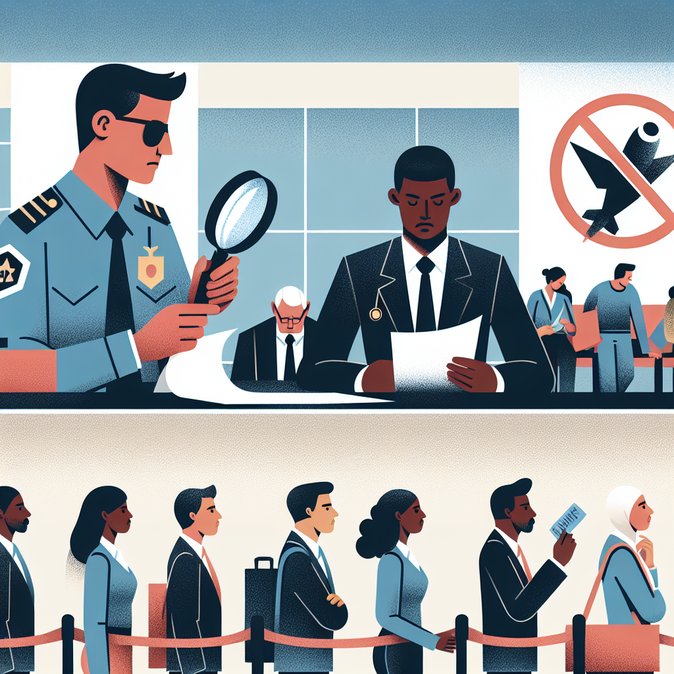
An analysis piece published on 25 November by People Management magazine warns employers that the next 13 months will bring a ‘perfect storm’ of higher government fees, tougher sponsor duties and stricter language requirements. Drawing on Home Office enforcement data showing 10,000 raids and 7,000 arrests in the year to July 2025, the article highlights four pain-points: a 32 per cent rise in the Immigration Skills Charge from 16 December 2025; an extension of the settlement qualifying period to 10 years; higher English-language thresholds (B2) for Skilled Workers from 8 January 2026; and the planned reduction of the Graduate visa from 24 to 18 months.
For global mobility managers, these changes translate into sharply rising costs—up to £1,320 per sponsored worker per year for large sponsors—and longer sponsorship commitments, increasing the risk of non-compliance over a decade-long employment cycle. The article recommends front-loading Certificates of Sponsorship before the December fee increase, conducting internal ‘mock audits’ and revising employment contracts to reflect conditional continued sponsorship.
![People Management: HR teams urged to prepare for December fee hikes and 2026 language tests under UK immigration reforms]()
The tightening language rules will particularly affect roles requiring mid-level skills, where candidates currently meet only B1 standards. HR may need to fund English tuition or adjust talent pipelines toward domestic hiring.
Failure to act could lead to civil penalties of £60,000 per illegal worker, licence revocation and project delays. Organisations should therefore schedule board-level briefings and budget reviews before year-end.
Action checklist: 1) assign pending CoS by early December; 2) model 10-year sponsorship costs; 3) upskill HR on right-to-work checks; 4) integrate English-language support into mobility programmes.
For global mobility managers, these changes translate into sharply rising costs—up to £1,320 per sponsored worker per year for large sponsors—and longer sponsorship commitments, increasing the risk of non-compliance over a decade-long employment cycle. The article recommends front-loading Certificates of Sponsorship before the December fee increase, conducting internal ‘mock audits’ and revising employment contracts to reflect conditional continued sponsorship.

The tightening language rules will particularly affect roles requiring mid-level skills, where candidates currently meet only B1 standards. HR may need to fund English tuition or adjust talent pipelines toward domestic hiring.
Failure to act could lead to civil penalties of £60,000 per illegal worker, licence revocation and project delays. Organisations should therefore schedule board-level briefings and budget reviews before year-end.
Action checklist: 1) assign pending CoS by early December; 2) model 10-year sponsorship costs; 3) upskill HR on right-to-work checks; 4) integrate English-language support into mobility programmes.


